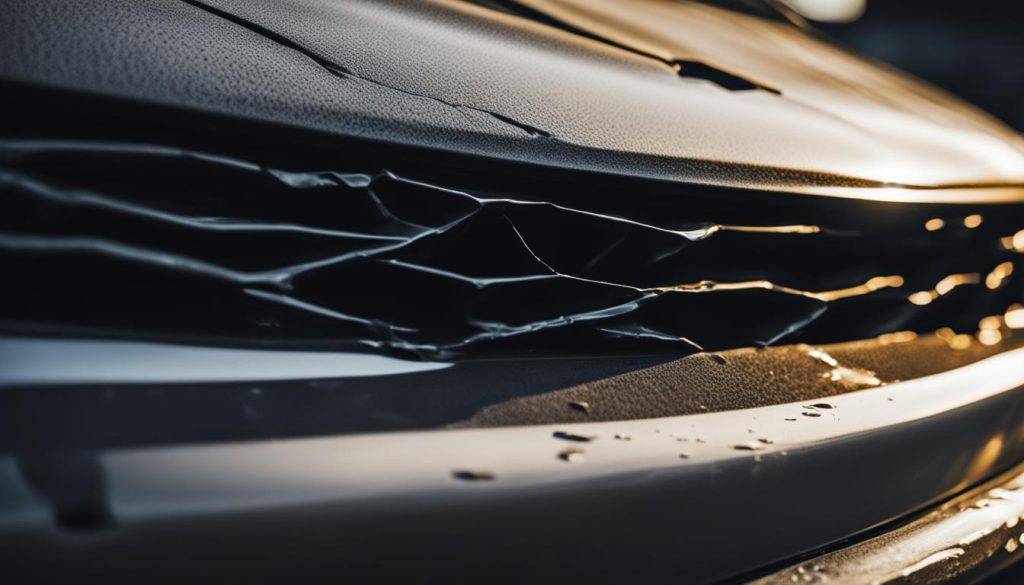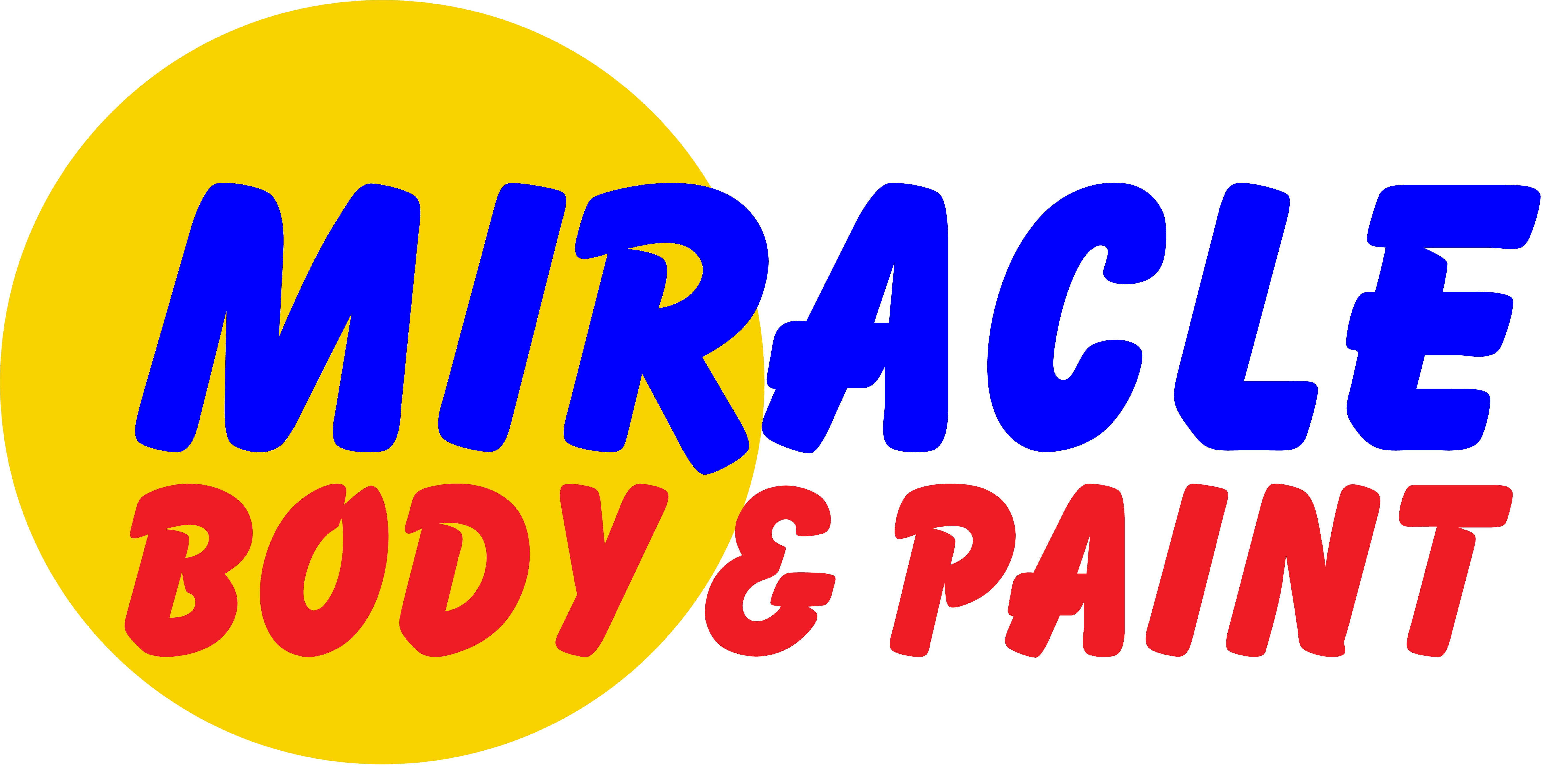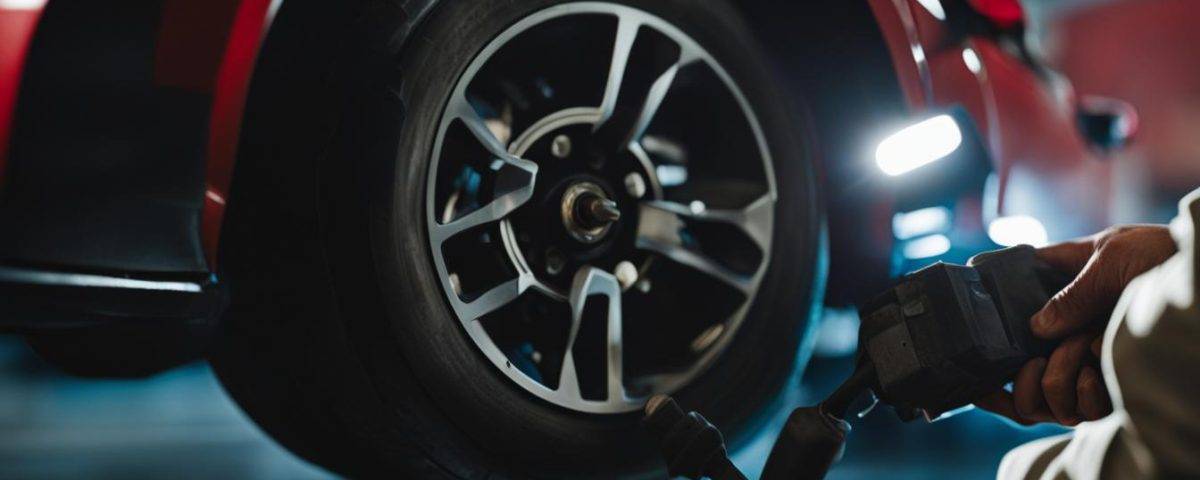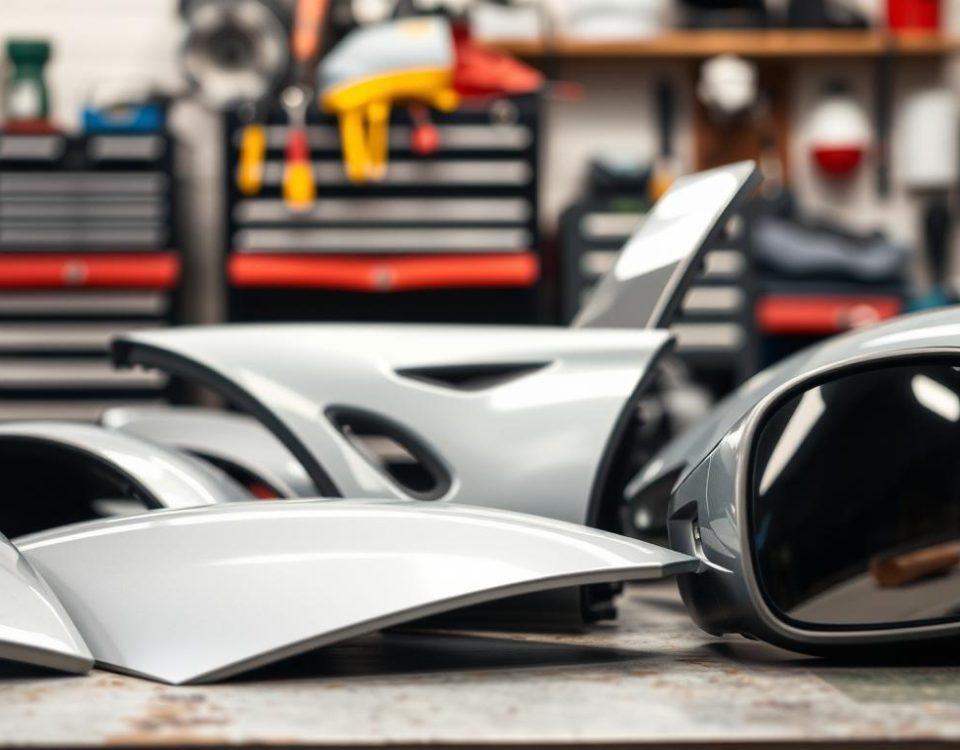- Auto Body Repair - Collision Center
- Leon Valley (210) 680-1987
- Walzem at IH 35 (210) 858-3630
- info@miraclebp.com

Behind the Scenes: Our Expert Technicians and Their Craft

Crafting Beauty: The Role of Materials in Auto Body Repair
Proper repairs and regular maintenance are essential for vehicle safety and reliability. When seeking repairs, it is important to find a licensed auto shop that meets the necessary requirements. Understanding your rights as a consumer, such as receiving an estimate and invoice for repairs, is crucial. It is also important to maintain your vehicle by following the manufacturer’s recommendations and checking for safety recalls. Additionally, requesting a collision repair inspection can help ensure the safety of your vehicle after repairs have been made.
Key Takeaways:
- Choosing a licensed auto shop is crucial for proper repairs and vehicle safety.
- Knowing your rights as a consumer, such as receiving an estimate and invoice, is essential.
- Maintaining your vehicle by following manufacturer recommendations and checking for safety recalls is important.
- Requesting a collision repair inspection can help confirm the safety of your vehicle post-repair.
The Importance of Documenting and Assessing Damage After an Accident
After a car accident, the first priority should always be the safety of all individuals involved. Once everyone is safe, it’s crucial to focus on documenting and assessing the damage to your vehicle. This step is vital for a variety of reasons, including insurance claims, repair estimates, and identifying hidden damage that may not be immediately apparent.
To start, it’s important to document the scene of the accident thoroughly. Take photographs from various angles, capturing both the overall view of the vehicles and close-ups of any visible damage. These photographs will serve as visual evidence for insurance purposes and can help support your claim during the repair process.
While visible damage like dents and scratches may be apparent, it’s also essential to consider the possibility of hidden damage. Even if your car looks relatively unscathed, there may be underlying issues that can affect its safety and performance. This is why a comprehensive assessment by a qualified mechanic is crucial. They can inspect areas like the undercarriage, engine compartment, and interior to identify any hidden damage that may have occurred during the accident.
Interior damage is often overlooked but can be significant when it comes to the overall safety and comfort of your vehicle. Check for any signs of damage to the dashboard, upholstery, or safety features like airbags. These components play a critical role in protecting you and your passengers, so it’s crucial to address any interior damage promptly.

Car Insurance and Repairs: Understanding Coverage
When it comes to car accidents, understanding the role of car insurance coverage in covering repair costs is essential. Two common types of coverage to consider are collision coverage and liability insurance.
Collision coverage is typically required if you want your own vehicle repairs to be covered after an accident. It helps pay for damages to your car, regardless of who was at fault. This can include repairs for bumper damage, dents, and even cracked windshields.
On the other hand, liability insurance covers the costs of the other driver’s repairs and medical expenses if you are found to be at fault in an accident. It is important to note that liability insurance does not cover your own vehicle’s repairs; it focuses on the damages you cause to others.
When it comes to paying for repairs, the responsibility depends on the chosen auto body shop. Thankfully, many reputable shops can work directly with insurance providers to streamline the process. It’s always a good idea to consult with your insurance company and the chosen auto body shop to ensure a smooth experience.
FAQ
Why is it important to find a licensed auto shop for repairs?
Proper repairs and regular maintenance are essential for vehicle safety and reliability. By choosing a licensed auto shop, you ensure that the technicians meet necessary requirements and have the expertise to perform the repairs correctly.
What are my rights as a consumer when getting vehicle repairs?
As a consumer, you have the right to receive an estimate before the repairs are done. You should also receive an invoice detailing the work and costs after the repairs are completed. These documents help you understand the repairs and costs involved.
How can I maintain my vehicle for optimal safety and reliability?
Following the manufacturer’s recommendations for regular maintenance is crucial. This includes regular oil changes, tire rotations, and checking fluid levels. Additionally, staying up to date with safety recalls and addressing them promptly is important for vehicle safety.
Should I request a collision repair inspection?
Yes, requesting a collision repair inspection can help ensure the safety of your vehicle after repairs have been made. This inspection can identify any potential issues or hidden damages that may have been overlooked during the repair process.
What should I do after a car accident?
After a car accident, prioritize safety by moving the vehicles to a safe location and checking for injuries. Document the scene of the accident with photographs and accurately report the incident to the police. Assess the visible damage to the exterior of the vehicle and inspect the interior and under the hood for any damage that may have occurred.
What types of car insurance coverage are necessary for accident repairs?
Collision coverage and comprehensive insurance are typically required for coverage of accident damage. Collision coverage pays for repairs to your vehicle, while comprehensive insurance covers damage caused by incidents other than collisions. Liability insurance covers the costs of the other driver’s repairs and medical expenses if you are at fault.
Who is responsible for paying for the repairs after an accident?
The responsibility for paying for repairs depends on the chosen auto body shop. However, many reputable shops can work directly with insurance providers, making the process easier for you. It’s important to understand the coverage provided by your insurance policy and communicate with the auto body shop and insurance company accordingly.
What types of collision damage are generally covered by car insurance?
Car insurance typically covers various types of collision damage, including bumper damage, dents, and cracked windshields. To understand the specific coverage provided by your insurance policy, it is important to review the terms and conditions outlined in your policy document.


